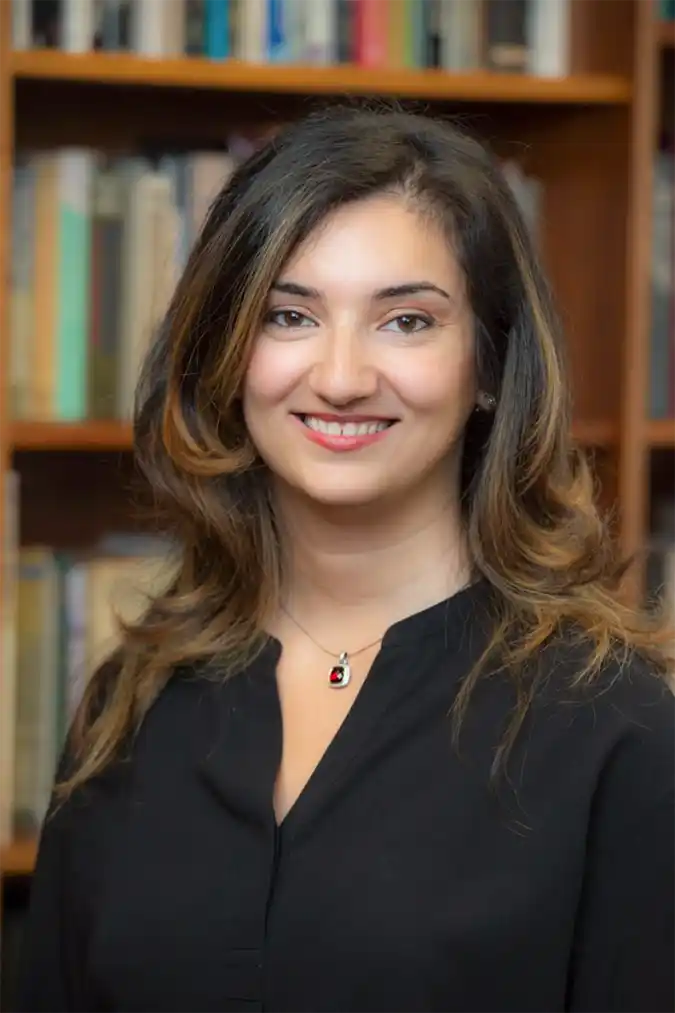DDHR Webinar Series

On April 14, 2023, Narges Bajoghli, anthropologist and award-winning author of the book Iran Re-framed: Anxieties of Power in the Islamic Republic, will present “Women, media and ideology in post-revolutionary Iran.” Her talk will be the latest offering in our DDHR webinar series that began two years ago.
In fall 2022, Alemaheyu Jorgo, Tamar Shirinian and Raja Swamy hosted the Burkinabe-French anthropologist Dominique Somda in a discussion titled “Women, race, identity and memory in contemporary African societies.” She examined the complex legacies of slavery and its memorialization in Madagascar, Benin, and South Africa, as well as the representational politics around the depiction of women’s agency, slavery and colonialism in films, such as The Woman King, and Black Panther. Since 2021, DDHR’s webinars have brought scholars and public intellectuals of international repute to UT. Speakers and participants have included award-winning Tamil film-maker Leena Manimekalai, as well as anthropologists, sociologists, and political scientists such as Nayanika Mookherjee, Balamurli Natrajan, Aparna Sundar, Zhandarka Kurti, Asli Zengin, Ather Zia, Frances Hasso, Michelle Brown, and others. The webinars focus on contemporary social crises impinging upon the physical, social, and economic well-being of populations across the world. The aim of the series is to spur conversation and critical dialogue around specific themes linking the study of disasters, displacement, and human rights to inquiry into social inequalities and structural violence. They also create a space for popular critique and resistance that can shape changing social landscapes across the world. Details and video recordings of webinars are available at https://anthropology.utk.edu/ddhr-webinar-series/.